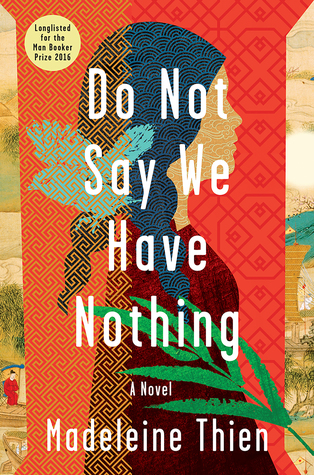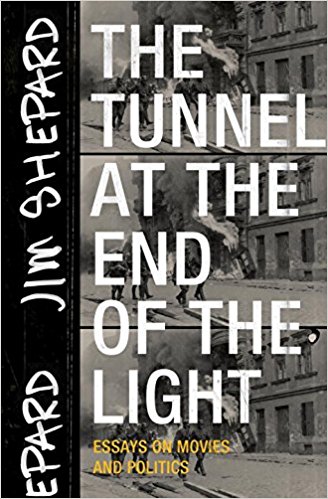The Leaves are Dying
by David Moloney
Our maple trees have been diagnosed with a fungal disease, causing ugly tar spots on their leaves and premature defoliation. As much I, a New Englander, root for summer’s demise, I don’t welcome any afternoon raking sessions, let alone before pumpkin beers hit the shelves. Year after year, our foliage is a tourist attraction; the vibrancy of decay—a draw for out-of-towners not privy to drastic change of season. As a life-longer, I hardly recognize the gradual change of a season anymore, and certainly don’t rightfully appreciate it. Maybe it’s the every now and then reneging that, yet charming, promises the coming season too soon: a snowstorm on Halloween, beach day in March.
The disease, more specifically Rhytisma acerinum, is caused by extended periods of wetness—this same wetness that brought on our lushest summer in thirty years. The bloom and bounty of flowerbeds and tomato gardens were a result of over 130 inches of rain. But now our lawns are littered with infected leaves, curled into themselves, sickly marked like smoker’s lungs. My frequent resentment of homeownership is inflamed by walking my daughter to the car. We feel the leaves dumping on us from above unseasonably early—an effect of this illness.
Regardless of the current state of the maple leaf, I am not ready to rake a single one. To even begin to amp myself up for the loathed yard chore, I need to come to terms with the very idea of a society that necessitates raking. What did they, as in homeowners, do pre-rake, pre-yard waste management trucks, pre-leaf vacuum services? Surely, the leaves didn’t suffer. It must be a purely ascetic reason for collecting the leaves, a menial task that holds great importance within our communities. Homeowners must all take part, collectively, gather up all the dead leaves and bag them in the overpriced, thirty-gallon leaf bags, or if you have kids, the plastic Jack-O-Lantern ones that serve two purposes: a stash for leaves and a yard decoration. I have yet to hear a reasonable argument for raking. But I won’t Google why we do it. It’s the same reason I won’t look up why we draw hearts the way we draw hearts. I’ll still do it regardless of my findings.
Where I live, there is a considerable obligation to rake, especially when you share a lawn with a neighbor, as I do. Ron, my neighbor and weekly backyard drinking partner, is relentless on his lawn’s cleanliness. He mows at the precise time before the grass gets to a length where unevenness is evident. He rakes frequently enough that I’m comfortable saying he is ahead of the trees themselves, ahead of this disease. Only errant leaves from slacking neighbors find their way onto Ron’s lawn. And they don’t remain long.
Now, on top of this reluctance to rake, there’s a shoddy rumor the disease can leech into your lawn. By the spring, there’ll be nothing left of all our summertime efforts: the watering, weed-whacking, patterned mowing. It’ll all be for naught. This has spurred compulsion by many lawn hobbyists, the ones on my street included. They’ve taken to daily raking. A local weatherman (not sure why he’s the expert) delivered advice on tar spot prevention: elbow grease! Get out there and not only rake every leaf, but destroy them all.
Each day after work, as I park out front, I have a clear view of Ron’s conjoined lawn; an unspoken agreement that an oak tree divides our landscaping responsibilities, the property line noticeable by the differing grass length and leaf accumulation. I have a moment where I don’t turn the engine off or the radio down. I think about the weatherman’s advice and I welcome the destruction of the trees themselves at the sake of my lawn, and why stop there. Or, I can drive away and find a night job bartending in avoidance of dealing with the leaves.
I don’t find Ron’s devoutness in yardwork inspiring. It’s terrifying. I worry about my failings, not only as a neighbor, but as a man. If the leaves accumulate and begin affecting other yards on the street—the wind sweeping my sick leaves into yards absent of trees, other men out in flannel shirts raking, playing the part, looking up at my house and cursing, hoping to find me outside in the middle of the day getting my mail in my pajamas—I might be destroyed along with the lawn. And what if one gets fed up enough to invade my yard and clean it? I couldn’t then stroll out as if I were planning on raking at that very moment. I’d be punished and bound to watch an angry baby boomer with a bad heart furiously slay my very being as I hide behind a curtain.
David Moloney is a graduate of Southern New Hampshire University's Low Residency MFA in Fiction and Nonfiction. He currently teaches writing at UMASS Lowell and Southern New Hampshire University.





















